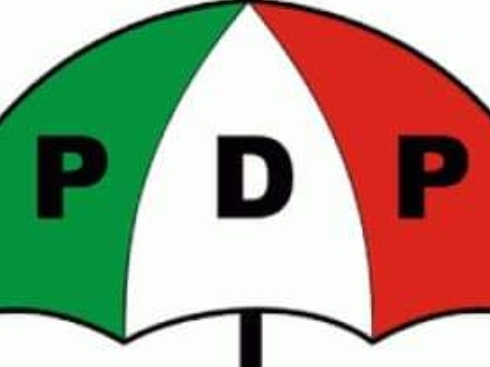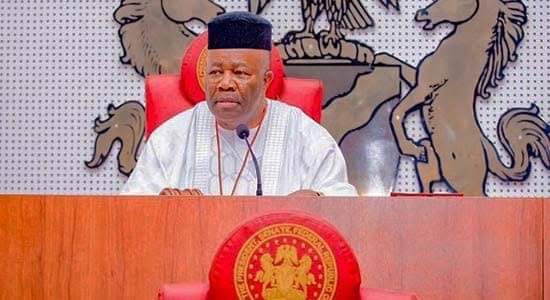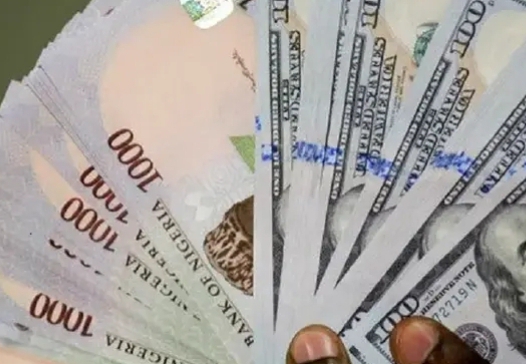Naira Will Continue To Depreciate —CBN
Inflation too high naira to depreciate as firms expect borrowing rate to rise naira Currency
In the July edition of the Central Bank of Nigeria ( CBN) Business Expectation Survey (BES), respondent firms opined that the inflation rate is too high and that they expect the naira to depreciate and borrowing Rate to rise in the review period.
The CBN National BES, released on Wednesday, August 21, 2024, revealed that Nigeria’s macroeconomic confidence index declined for a third consecutive month to 0.1 in July 2024 from 3.1, 8.5 and 21.9 in the past three months.
The July 2024 confidence index, though above the 0.0 threshold, suggests weak business conditions and a depreciated confidence level on Nigeria’s macroeconomic landscape.
The report however reveals that business expectations for August 2024 and the next three and six months are positive at 7.6, 19.3 and 30.7, respectively.
Analysts expect weaker than projected growth in the confidence index as key business constraints/risks identified by the report: insecurity, high interest rates, inefficient power, and multiple taxes persist.
BES gathers information and insights about the anticipated future performance and outlook of businesses within the Nigerian economy, with the aim of gauging the expectations and sentiments of business owners, managers and key decision-makers regarding various economic indicators, market trends, and business conditions over a defined, near future, time period.
According to the report, the naira will depreciate in the current month, next month and next three months but appreciate in the next six monthsas their indices stood at -22.6 points, -16.5 points, -4.8 points and 13.7 points respectively.
They expect the borrowing rate to rise as the confidence indices stood at 15.0, 14.3, 18.3 and 17.4 points, in all the review periods, respectively.
At the same time, their perception of inflation indicated that they consider the current inflation rate of 34.19 too high. At 72.8 points, this sentiment was strongest amongst large firms.
The optimism of respondents on the overall business outlook by type of business in the current month was driven by “exporter” (23.8 points), and “both importer and exporter” (6.3 points).
However, businesses that are “neither importer nor exporter” and “importer” were pessimistic at -4.5 points and -2.0 points respectively.
“The drivers by size of business for the optimism on the macroeconomy in the current month are the medium and small firms whose contributions are 7.2 and 2.7 index points, respectively. Respondents indicated optimism in the Volume of Business Activities and Employment Outlook in August 2024 as the indices stood at 14.4 and 8.1 points respectively. “The favorable Business Activity Index coupled with the Employment Index indicate potential for employment growth in the review month. This positive trend is expected to enhance economic stability and provide more job opportunities across various sectors, “ the report read in part.
It further indicated that the indices of the Industrial, Agriculture, and Services Sectors stood at -1.0, 1.0, and -0.3 points respectively. For the subsectors of Mining, Quarrying; Electricity, Gas & Water Supply, and Market Services, the indices stood at 17.6 and 0.9 points respectively. The Construction, Non-Market, and Manufacturing Sectors were however pessimistic at –5.6. -3.4 and -1.5points respectively.
The July 2024 Business Expectations Survey (BES) was carried out between the period of July 15-19, 2024, with a sample size of 1,600 business enterprises nationwide. A response rate of 98.9 percent was achieved, and the sectors covered during the exercise were Industry, Services and Agriculture.
The outlook for August, the next three months, and the next six months all indicated optimism with indices of 7.6, 19.3, and 30.7 points, respectively. The expected drivers for the optimism on the macroeconomy in the next month are Mining, Quarrying, Electricity, Gas & Water Supply (35.3 points), Agriculture (9.9 points), Market Services (7.8 points), Manufacturing (6.3points), and Non-Market Services (4.8 points).
BES is a monthly survey of leading firms drawn from Business Establishment updated frames of Central Bank of Nigeria and the National Bureau of Statistics. The BES result provides advance indication of change in the overall business activity in the economy and in the various measures of activity of the companies’ own operations as well as selected economic indicators.













































